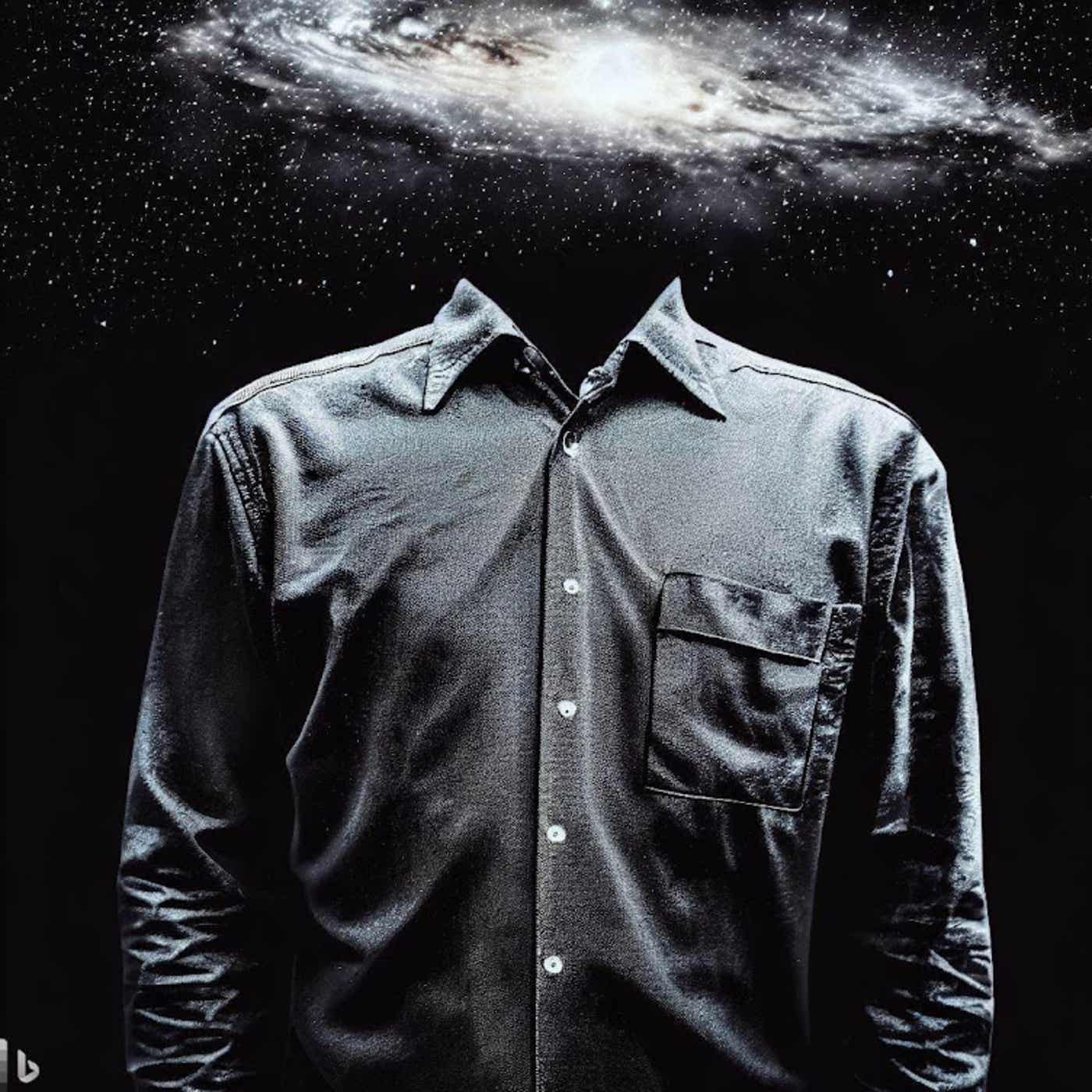William James - Radical Empiricism
Description
The NotebookLM tool that I use to generate these podcasts just got an upgrade which allows me to provide input to the “hosts” as to how they approach their discussion. This allows me to now indicated that this podcast is called the Headless Deep Dive and is targeted to those interested in the Headless Way. I’m thrilled with the outcome and I hope you are too.
Today’s episode is based on the Essays in Radical Empiricism by the psychologist and philosopher William James. James focuses on the importance and primacy of the unending stream of experience that we commonly refer to as “consciousness”. However, he does so in a way so as to be clear that there are not two things (consciousness and the world) but rather there is just the stream of experience. Interestingly he connects breathing to the development of the idea that there is a separate thing called “consciousness”:
…breath, which was ever the original of ‘spirit,’ breath moving outwards, between the glottis and the nostrils, is, I am persuaded, the essence out of which philosophers have constructed the entity known to them as consciousness. That entity is fictitious, while thoughts in the concrete are fully real. But thoughts in the concrete are made of the same stuff as things are.
The argument goes that while noticing the breath and other “internal” sensations like thoughts along with the rest of the experiences going on at the same time, we develop an intuition that there is an “inside” and “outside” — a “me” and “the world”. James argues that this is just a mistaken impression and there is only what he calls “pure experience”.
This is a public episode. If you would like to discuss this with other subscribers or get access to bonus episodes, visit headlessdeepdive.substack.com
More Episodes
Philosopher Bernardo Kastrup takes the “hard problem of consciousness” and completely turns it inside out. Kastrup’s PhD dissertation titled Analytic Idealism: A consciousness-only ontology, argues that consciousness is fundamental. Everything supposedly “material” (including our bodies and...
Published 11/11/24
Published 11/11/24
In his article, On the Nature of Time, Stephen Wolfram describes the computational model he has for the universe and how that results in a new way to look at time. Wolfram is a physicist, computer scientist, author, inventor of Mathematica (software used by scientists and engineers) and Wolfram...
Published 11/09/24


